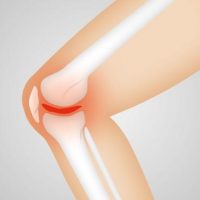Featured Products
Explore Products
- In-Stock Tumor Cell Lines
- Human Orbital Fibroblasts
- Human Microglia
- Human Pulmonary Alveolar Epithelial Cells
- Human Colonic Fibroblasts
- Human Type II Alveolar Epithelial Cells
- Human Valvular Interstitial Cells
- Human Thyroid Epithelial Cells
- C57BL/6 Mouse Dermal Fibroblasts
- Human Alveolar Macrophages
- Human Dermal Fibroblasts, Adult
- Human Lung Fibroblasts, Adult
- Human Retinal Muller Cells
- Human Articular Chondrocytes
- Human Retinal Pigment Epithelial Cells
- Human Pancreatic Islets of Langerhans Cells
- Human Kidney Podocyte Cells
- Human Renal Proximal Tubule Cells



 are vital constituents of the synovial membrane lining the inner layer of joint capsules. These cells play a pivotal role in maintaining normal joint function by generating extracellular matrix components and lubricants. However, in conditions like rheumatoid arthritis (RA), FLS can undergo proliferation and phenotypical alterations, transforming into key contributors to inflammation persistence through their direct and indirect destructive actions, thus exacerbating joint damage and dysfunction.
are vital constituents of the synovial membrane lining the inner layer of joint capsules. These cells play a pivotal role in maintaining normal joint function by generating extracellular matrix components and lubricants. However, in conditions like rheumatoid arthritis (RA), FLS can undergo proliferation and phenotypical alterations, transforming into key contributors to inflammation persistence through their direct and indirect destructive actions, thus exacerbating joint damage and dysfunction.